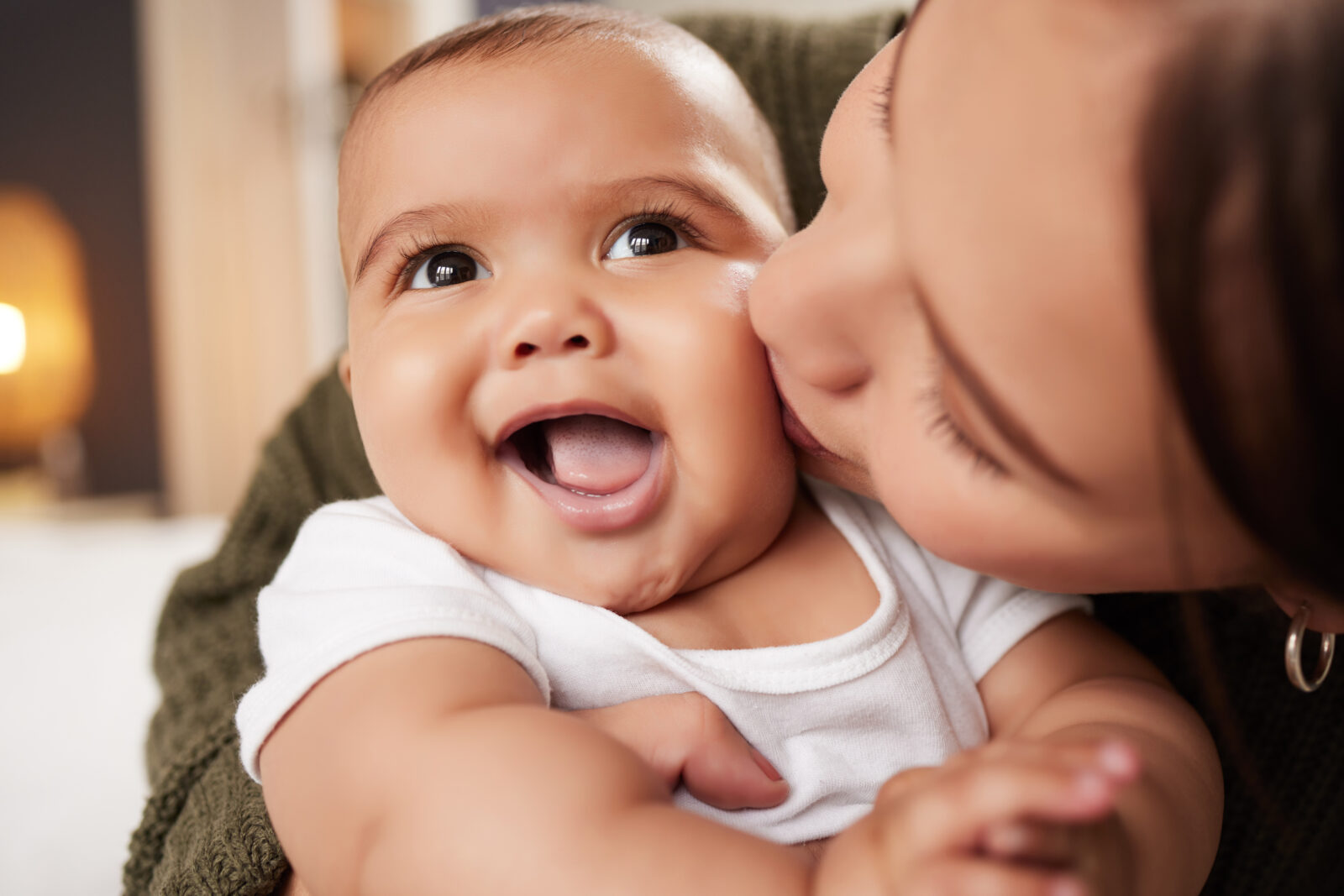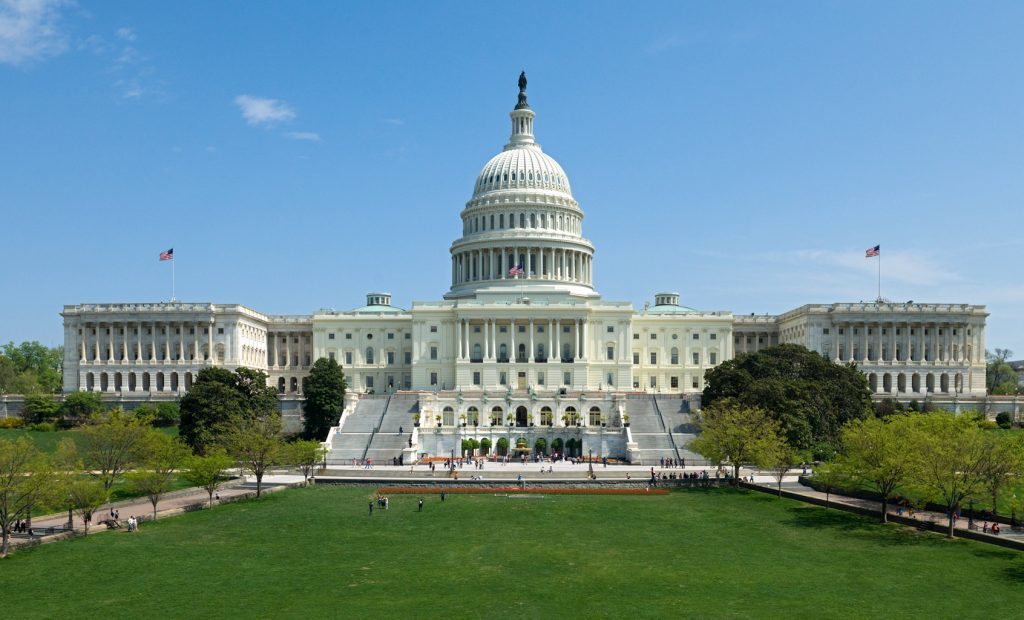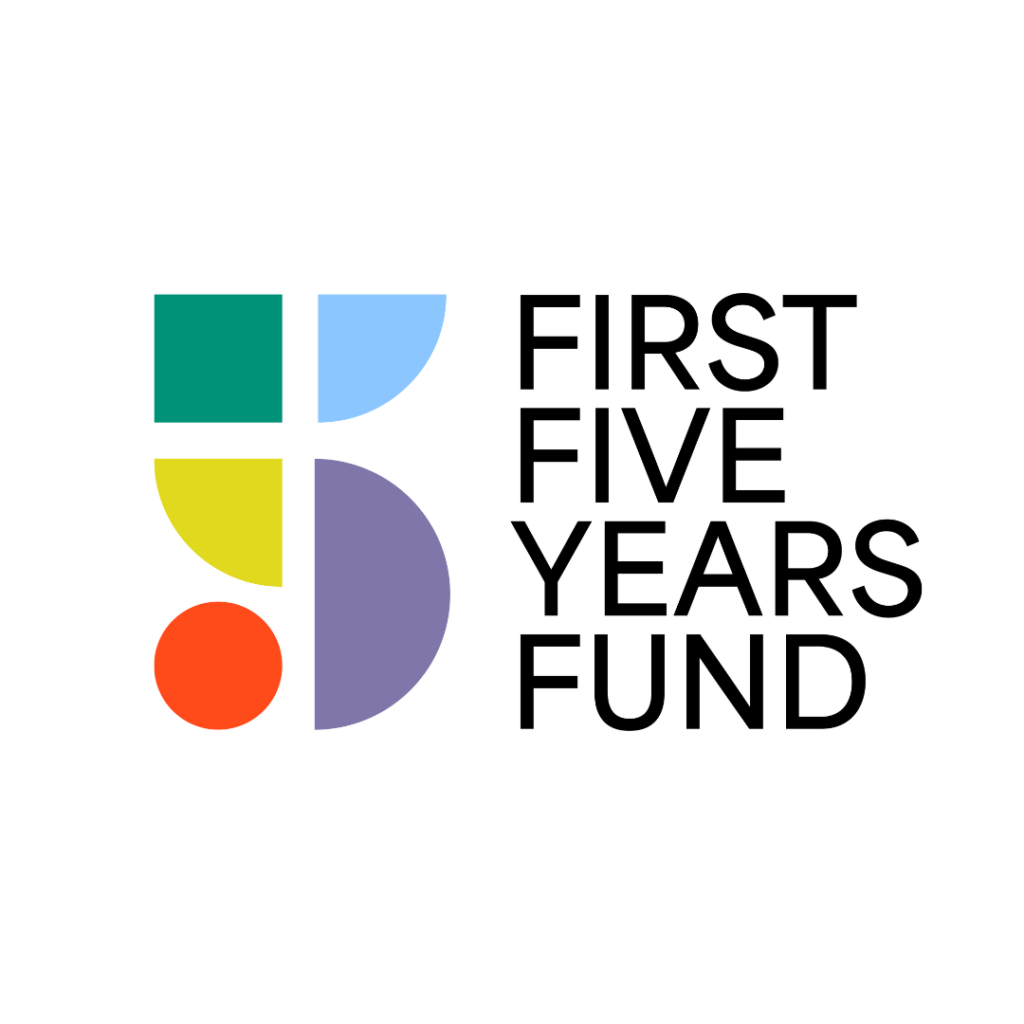U.S. House Passes Key Home Visiting Bill With Resounding Bipartisan Support

Today, the U.S. House of Representatives passed H.R. 8876, The Jackie Walorski Maternal and Child Home Visiting Reauthorization Act of 2022, a bipartisan bill to reauthorize the voluntary, evidence-based Maternal, Infant, and Early Childhood Home Visiting (MIECHV) program. The bill passed with broad bipartisan support 390-26.
Following the vote, FFYF Executive Director Sarah Rittling released the following statement:
“Lawmakers from across the aisle came together today to resoundingly approve the Jackie Walorski Maternal and Child Home Visiting Reauthorization Act to strengthen their communities, and set up the families they represent for success. This incredibly popular bill will ensure thousands of community-based home visiting programs can expand their reach and provide more parents of young children with the essential skills they need to help their kids grow and thrive.
“With funding set to expire for MIECHV in just two weeks, it’s more important than ever that the Senate act swiftly to ensure this vital legislation is included in the upcoming year-end package and signed into law. Without action, thousands of community-based programs will be forced to close, affecting families in need and staff across the country.
“We are grateful to Chairmen Neal and Pallone, Ranking Members Brady and McMorris Rodgers, lead sponsor Congressman Danny K. Davis, and Congressman Brad Wentstrup for making bipartisan MIECHV reauthorization a top priority. Their work to pass this bill is a fitting tribute to the legacy of Congresswoman Walorski, whose championship of MIECHV has made a tremendous difference in the lives of countless families across our country. Now, we look forward to working with leaders in the Senate to get it across the finish line and signed into law.”
MIECHV is set to expire on December 16, 2022. If the Jackie Walorski Maternal and Child Home Visiting Reauthorization Act of 2022 is passed and signed into law, MIECHV will have the ability to expand and improve existing evidence-based programs, enhance state’s ability to reach more vulnerable children and families, as well as create cost-savings for states and communities.
FFYF, alongside the National Home Visiting Coalition, has worked with lawmakers on both sides of the aisle to reauthorize and update the program in order to prevent any lapse in service for families who participate in MIECHV. The Jackie Walorski Maternal and Child Home Visiting Reauthorization Act of 2022 reauthorizes the MIECHV program and makes the following important updates:
- Authorizes the use of virtual visits as a model enhancement to help reach more families, particularly in rural areas;
- Dedicates funding to help retain and support the home visiting workforce;
- Expands MIECHV access to more eligible families by doubling federal investments over 5 years. Of the 18 million current and expectant parents who could benefit from MIECHV, only 150,000 currently benefit from the program;
- Addresses historical and ongoing inequities within American Indian and Alaska Native communities by doubling the “tribal set-aside” and providing a $124 million increase in tribal funding over 5 years;
- Eases the administrative burden of the program by creating a new requirement for HRSA to consult with states, beneficiary advocates, and other stakeholders and reduce unnecessary paperwork by at least 15% to focus resources on serving families; and
- Codifies funding allocations and formula grants for states to increase stability and normalize financial management and oversight.
Analysis of the impact of voluntary home visiting in all 50 states can be found here.
A section-by-section of the bill can be found here.
A full copy of the bill text can be found here.
A summary of the bill can be found here.
The National Home Visiting Coalition’s endorsement of the bill can be found here.
Subscribe to FFYF First Look
Every morning, FFYF reports on the latest child care & early learning news from across the country. Subscribe and take 5 minutes to know what's happening in early childhood education.



